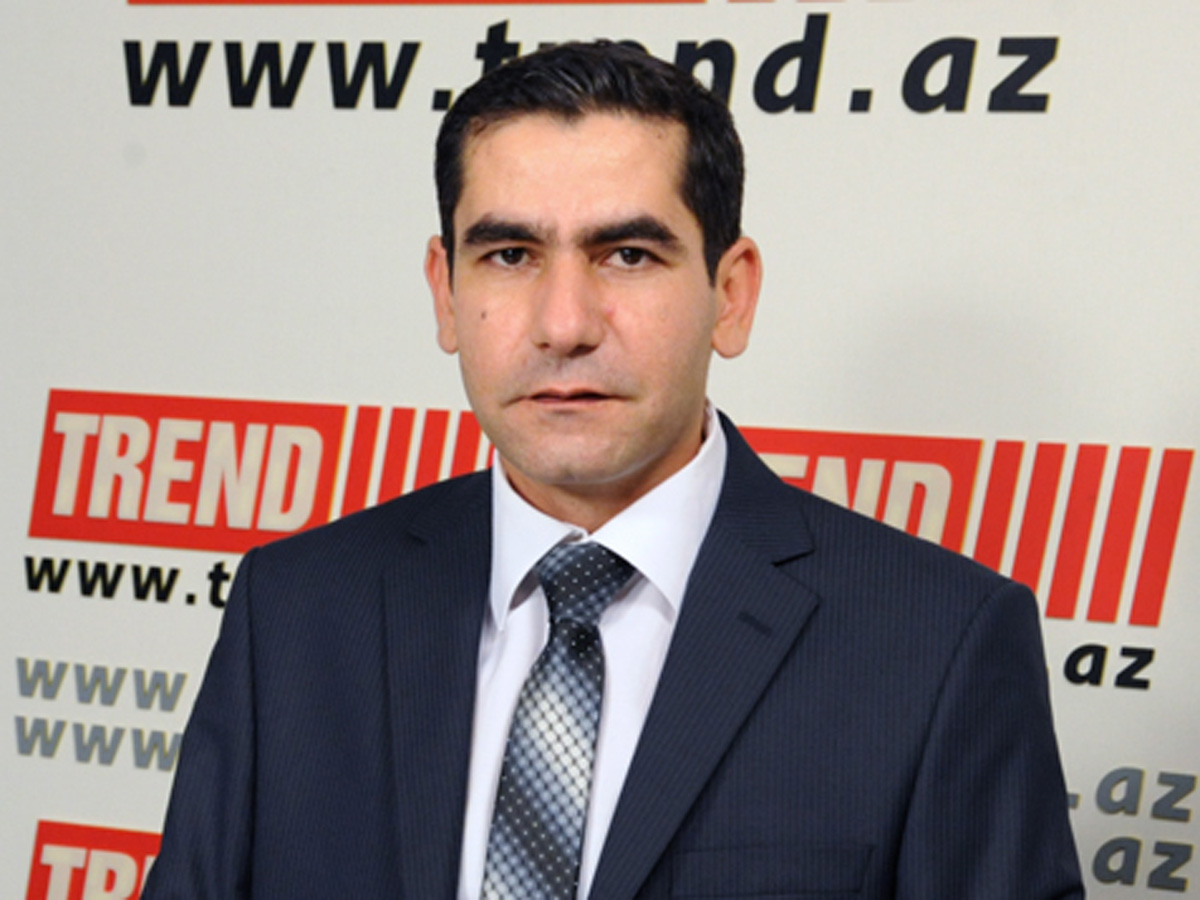Baku, Azerbaijan, Feb.18
By Dalga Khatinoglu - Trend:
Iran's Oil Minister Bijan Namdar Zanganeh said that Iran supports any oil freeze plan among global producers to maintain prices on Feb.17 after a quadripartite meeting with his counterparts from Qatar, Iraq and Venezuela.
A day before that, Saudi Arabia and Russia (supplying about 1/5 of of oil globally), said that they're ready to freeze the oil production at the January levels.
Zanganeh said that Iran welcomes the cooperation between OPEC and non-OPEC producers to improve the oil market. However, he avoided promising to freeze Iran's production level which stood at below 3 million barrels per day (mbpd).
Iran has repeatedly announced that the country's oil production has plunged from 3.7 mbpd from 2011 to 2.8 million barrels per day (mbpd) in 2015 due to sanctions, and it has decided to resume its share in markets by boosting the output by 1 mbpd in 2016.
However, OPEC produced 32.335 mbpd in January, about 140,000 barrels a day more than in the previous year, while the demand for OPEC's crude is estimated at 31.6 mbpd in 2016.
Therefore, the January production level was 735,000 barrels more than the estimated demand for OPEC oil in average for 2016. There is still more than 1.5 mbpd of glut globally and no short-term perspective for market balance.
OPEC's major members, including Saudi Arabia, are satisfied by low oil price, because non-OPEC producers have been decreasing their production level due to high costs.
When OPEC decreased the production level from about 32 mbpd in early 2008 to 28.5 mbpd in mid-2009 to support the prices, the non-OPEC producers immediately increased their production and shares in global markets.
Therefore, after 1.5 years of low oil price and decreasing non-OPEC oil production, it is unlikely the OPEC members really want to cut the output.
The freezing also may only prevent the prices from falling further in the future, but Iran remains a major problem.
Elimination of sanctions in January caused a 20-percent growth in the country's export volume to Asia. Iran also signed an agreement to export 160,000 barrels per day of oil to Total, while Italian Eni and Saras companies are negotiating with Iran to intake 160-170 thousand barrels per day of oil.
For now, Iran has stored oil on water to increase export level, but in mid-term the country has no choice but to re-open the wells, closed during sanctions era.
Dalga Khatinoglu is an expert on Iran's energy sector and head of Trend Agency'sIran news service






